
What you need to know about the biomass energy market in South East Asia
Despite all the negative news on Carbon, the biomass energy market will continue to grow.
“There are some new game-changing technologies being tried, and the market will pick up even more from this,” said Dr. John Lee, the Regional Sales Manager of Caterpillar Asia in an exclusive interview with Asian Power.
“Governments have more incentive programs in place, instead of carbon CDM (clean development mechanism), there are national governments putting programs in place to stimulate these type of activities,” he said.
According to Dr. Lee, Thailand has been one of the most active countries in the industry, and Malaysia has the potential to become a force to be reckoned with. “I mean, the Renewable Energy Act is stirring up a lot of interest for Malaysia. Indonesia may be next, but I think these will be the three key countries, Thailand, Malaysia and Indonesia. Other countries will surely follow. I think Vietnam will take a little bit longer because of the government.”
Dr. Lee said that in terms of power generated from biomass, South East Asia produces roughly 100MW per annum. “On the biogas front, the growth is going to be a bit less, maybe 10-15% growth in the market in the next 5 years. For biomass gasification, I think the growth in that market is going to be quite big, it’s going to be double or three times that of biogas. It’s a newer market and there are newer players in there and it’s going to jump.”
He emphasizes that certain incentives should be put into place to bring in more investments. “There should be a certain openness in the market and in the government, and the proper legislation in place to stimulate these activities. I think these activities are happening, the governments are being more liberal about these kinds of activities and they’re putting tariffs in place to encourage these activities, despite all the uncertainties about Carbon. So I think we’re moving in the right direction.”
He believes that there’s a very good future for the biomass energy market. “It would never become the major source of power production, but it is there to provide a certain bit of offset for smaller scale projects. These projects do generate economic benefits. They also have social returns and are definitely good for the environment,” he said.
Dr. John Lee was a speaker at the Clean Energy Expo during the Singapore International Energy Week 2011 held at Suntec Singapore.
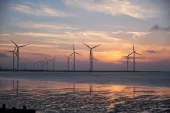

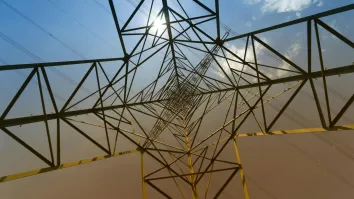
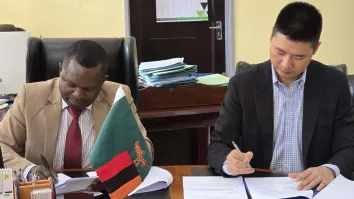
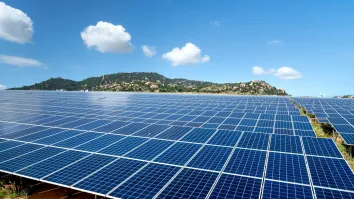
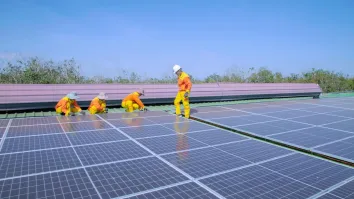













 Advertise
Advertise







